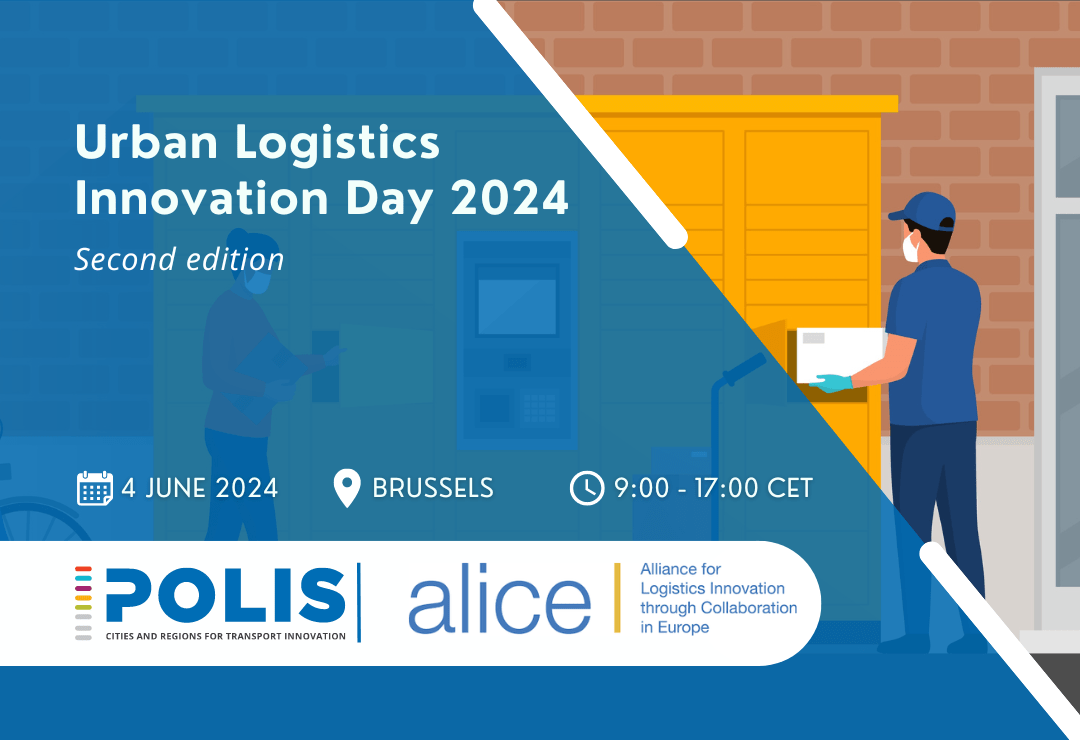Urban Logistics Innovation Day delivers again!
Urban logistics plays an important role in cities. Urbanisation, business activities and changes in lifestyles have increased demands on urban logistics, resulting in negative impacts, such as pollution and noise, traffic safety issues, congestion etc.
Urban logistics is a complex and rapidly changing field. Not only are the foundational elements such as transport modes constantly evolving, but new demands for good movements are emerging, as are new methods for managing and processing both the goods and, increasingly, the information.
Many local or regional authorities struggle to implement initiatives to improve urban logistics that prove to be sustainable over the long term. However, the need to address the negative impacts of urban logistics is more and more firmly on the agenda of local authorities across Europe.
To tackle and address these challenges, the second edition of the Urban Logistics Innovation Day took place on Tuesday, 4 June, in Brussels. The event, co-organised by POLIS and the European Technology Platform (ETP) ALICE, and supported by the DISCO project, was open to POLIS, ETP-ALICE and members of the subgroup on urban logistics of the Expert Group on Urban Mobility (EGUM).
The Urban Logistics Innovation Day is intended to become a yearly fixed appointment in the urban mobility agenda, following the successful first edition held on 27 September 2023 as the final event of the EU-funded project LEAD, which gathered more than 100 participants from all over Europe.
The format of the second edition was filled in with presentations, interactive sessions, ideas, thought-provoking inputs and exchanges between local authorities, logistic service providers, industry representatives and academics from 10 EU countries. The event aimed to:
- Promote the use of innovative technologies (e.g. Physical Internet) to help cities and businesses meet their sustainable goals
- Discuss trends and challenges and foster potential opportunities for cooperation
- Facilitate dialogue between public and private sectors for enabling policy framework toward zero-emission urban freight
Some of the main takeaways: the rapid development of new modes of last-mile delivery in the urban landscape leads to an interest in the opportunities arising from connected or even hyperconnected city logistics. The rise of circular economies holds potential for urban logistics, as previously split flows of waste and production may become increasingly connected, challenging import models. Last but not least, the importance of collaboration between all actors, urban space management, data sharing and technological innovation that will deliver benefits for cities, people and businesses.
All presentations are available HERE. Proceedings will be available soon in the POLIS intranet.



